Streaming: UK music pros call for equitable remuneration
Music industry professionals in the UK have made a call for the equitable remuneration (ER) system to be included in the country’s streaming economics.
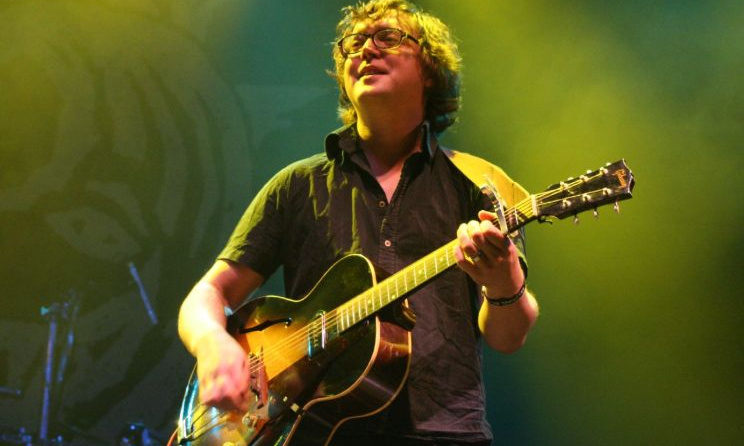 Tom Gray. Photo: Brian Marks
Tom Gray. Photo: Brian Marks
The call was made during the British Parliament’s inquiry into the economics of music streaming, which began on 24 November.
ER is a system used to pay royalties from broadcast usage of music in the UK, with collecting society Phonographic Performance Limited (PPL) equally dividing them between labels and artists.
The speakers are campaigning for legislation to be extended to some streams on services such as radio-like listening modes and playlists on Spotify and Apple Music, among others.
“Equitable remuneration does what it says on the tin,” said Tom Gray, founder of the #BrokenRecord campaign. “It’s equal pay for equal work… when it gets paid to PPL, it is split 50-50 between the artists and the labels, and a small portion of the artist side goes to the non-featured artists: the backing performers.
“If you just apply equitable remuneration, to some extent, to on-demand, suddenly for the first time in history money goes directly into the pockets [of the artist] from the first stream – irrespective of what awful contract terms an artist has. This produces an income from stream one for artists, and an income for our entire music community. It’s a very, very simple solution.”
However, some labels, in a written submission to the Digital, Culture, Media and Sport Select Committee, objected to using the ER system for music streaming. The labels argue that streaming is not the same as broadcasting and could choke potential growth and investment in the industry.
CC Young & Co streaming auditor and accountant Colin Young said such a move would put the recorded music industry on par with the publishing business in terms of streaming in the UK, splitting royalties into mechanical and performance payments.
“Streaming is fundamentally different to the physical model,” he said. “What is being suggested, on the record, is that distinction be made. Should part be physical and should part be public performance? And that’s where equitable remuneration would kick in, if you make the same distinction as we do in publishing.”
The Parliament said music streaming in the UK brought in more than £1bn [$1.3bn] in revenue with 114 billion music streams in the past year. However, artists can be paid as little as 13% of the income generated.”
Not many artists are benefiting from music streaming platforms. Spotify said earlier this year that only about 43 000 artists account for 90% of the royalties it paid out.
Meanwhile, in Zimbabwe, a survey conducted by UNESCO in October showed that musicians do not gain much income directly from music streaming.




















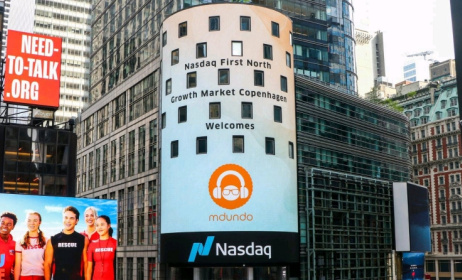


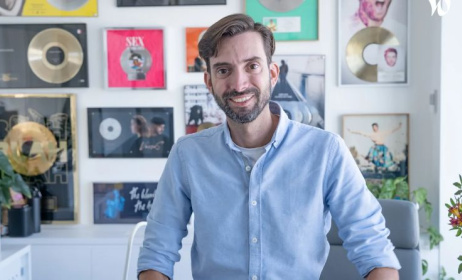
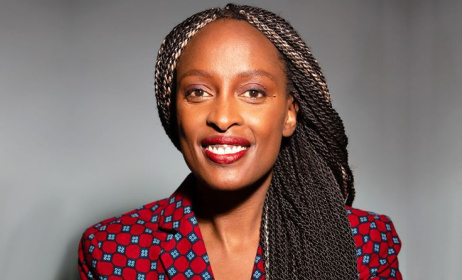



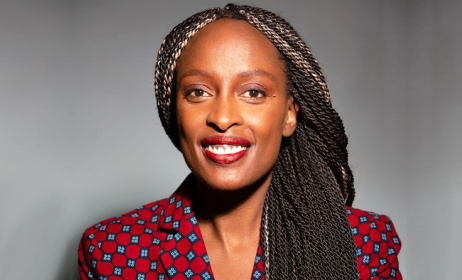
Comments
Log in or register to post comments